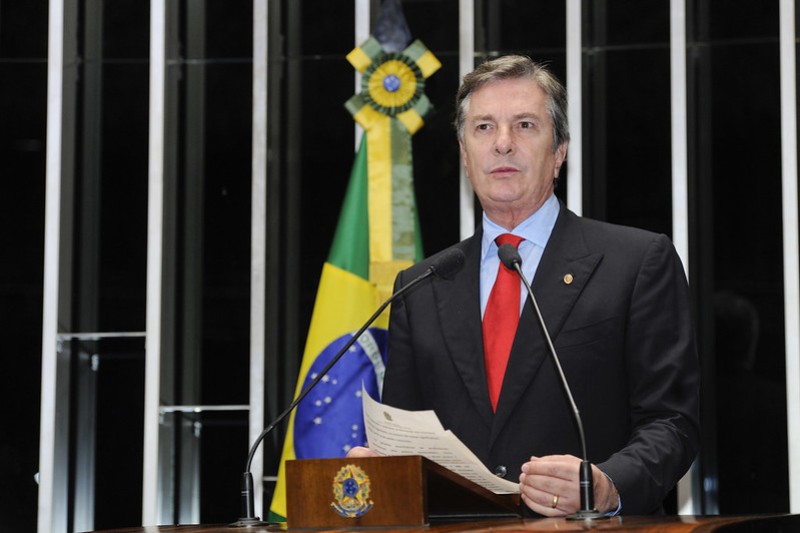On April 25, 2025, Brazil’s Supreme Federal Court (STF) ordered the immediate arrest of former President Fernando Collor de Mello, following the rejection of his final appeal against an eight-year and ten-month prison sentence for passive corruption and money laundering. Justice Alexandre de Moraes, the case’s rapporteur, issued the arrest warrant after determining that Collor’s defense failed to present new arguments warranting a review of the conviction.
Background on the Conviction
Collor’s conviction stems from a 2015 investigation by the Attorney General’s Office, which accused him of accepting approximately R$20 million (around $3.5 million) in bribes between 2010 and 2014. These payments were allegedly made in exchange for facilitating contracts between BR Distribuidora, a Petrobras subsidiary, and the construction company UTC Engenharia. The scheme was part of the broader Operation Lava Jato (Car Wash), a massive anti-corruption probe that has implicated numerous Brazilian politicians and business figures.
In May 2023, the STF convicted Collor by a vote of 8 to 2. The court found sufficient evidence that he had used his political influence to secure favorable appointments within BR Distribuidora, thereby enabling the corrupt arrangements. Despite the conviction, Collor remained free pending the outcome of his appeals.
Rejection of Final Appeal
On April 24, 2025, the STF rejected Collor’s final appeal, known as “embargos de declaração,” which sought to clarify or modify aspects of the original judgment. Justice Alexandre de Moraes concluded that the appeal merely reiterated arguments previously considered and dismissed by the court. He emphasized that the defense’s attempt to re-litigate settled issues did not warrant further judicial review.
Following the rejection, Justice Moraes ordered Collor’s immediate imprisonment to commence serving his sentence. The former president’s legal team announced that he would voluntarily surrender to authorities, negating the need for a police arrest.
Political and Legal Implications
Fernando Collor de Mello served as Brazil’s president from 1990 until his resignation in 1992 amid a separate corruption scandal. After a period of political inactivity, he was elected to the Senate in 2006, representing the state of Alagoas, and served until 2022. His recent conviction and imprisonment mark a significant moment in Brazil’s ongoing efforts to combat political corruption.
The STF’s decision underscores the judiciary’s commitment to holding public officials accountable, regardless of their status or former positions. It also highlights the enduring impact of Operation Lava Jato, which, despite facing criticism and legal challenges, continues to influence Brazil’s political landscape.
Conclusion
The arrest of former President Fernando Collor de Mello represents a pivotal development in Brazil’s fight against corruption. By enforcing the sentence following the rejection of Collor’s final appeal, the Supreme Federal Court reaffirms its role in upholding the rule of law and ensuring that justice is served, irrespective of an individual’s political stature.
This case serves as a reminder of the importance of judicial independence and the ongoing need for transparency and accountability within Brazil’s political system.


Enviar um comentário